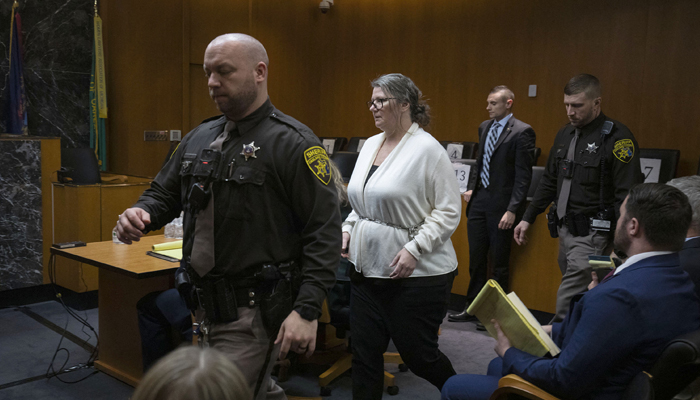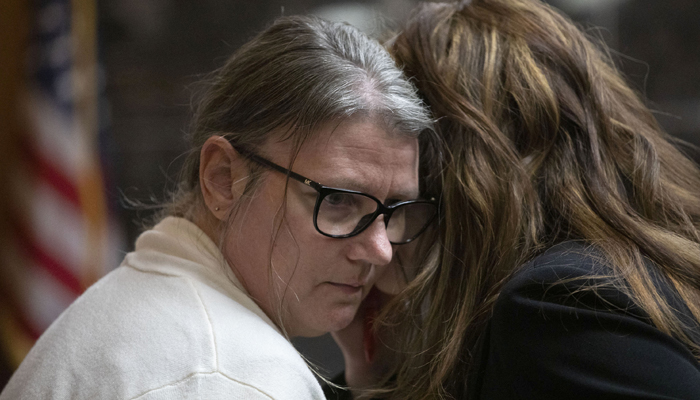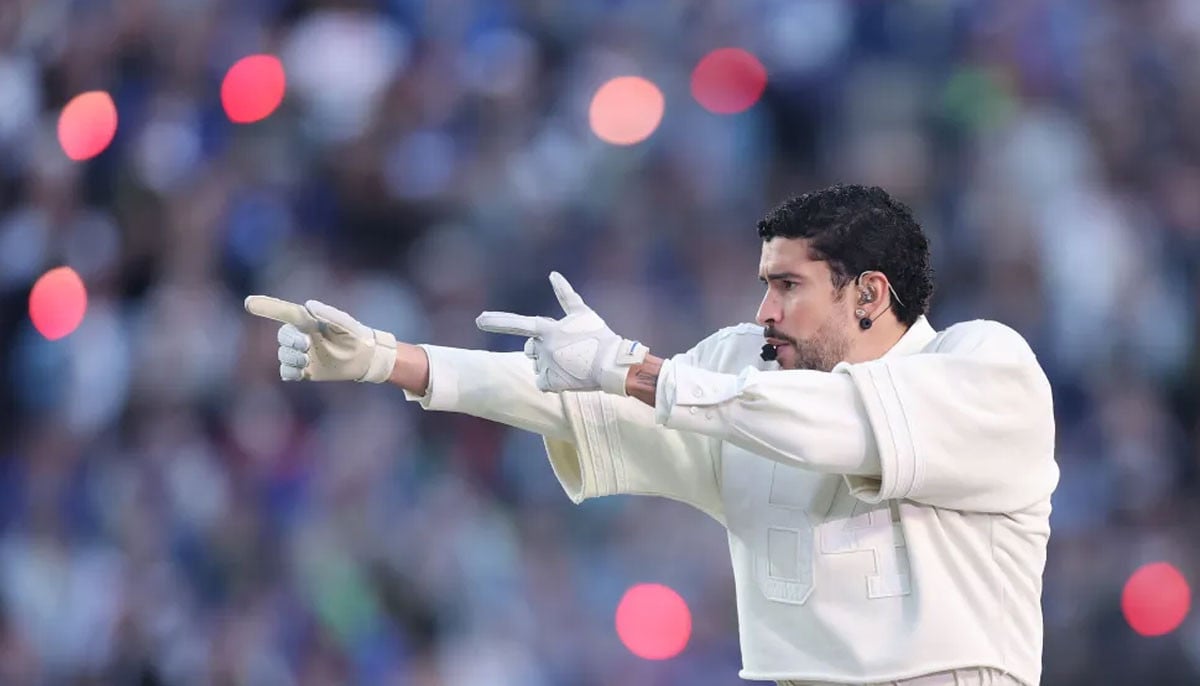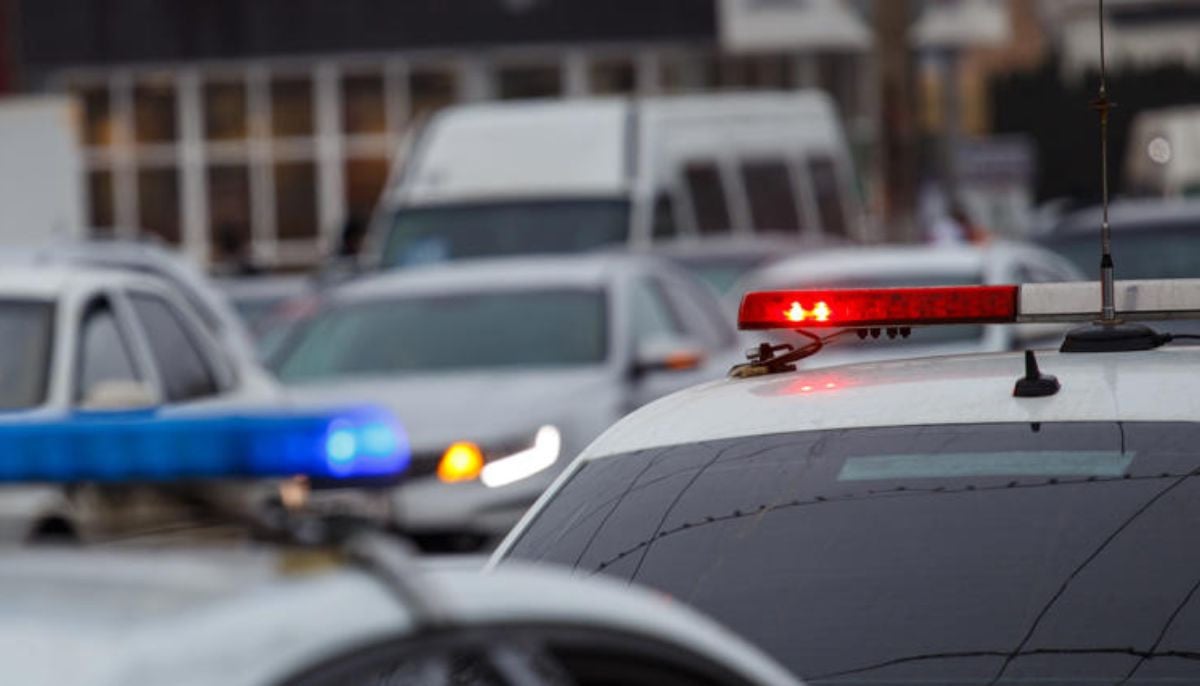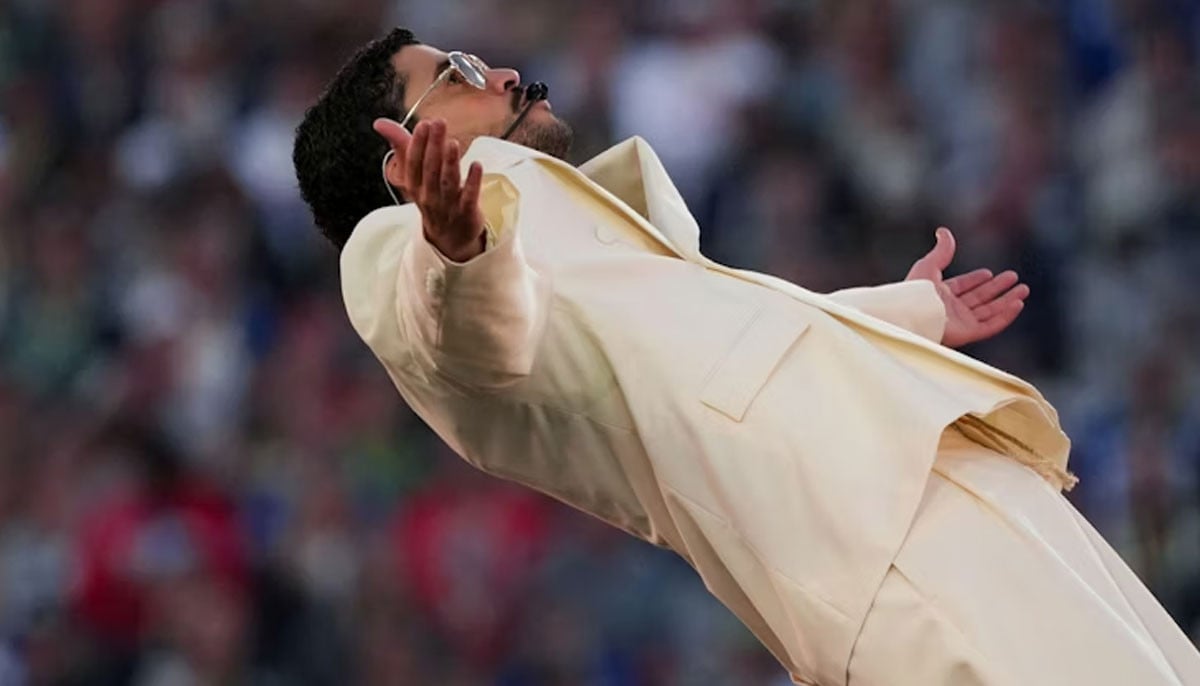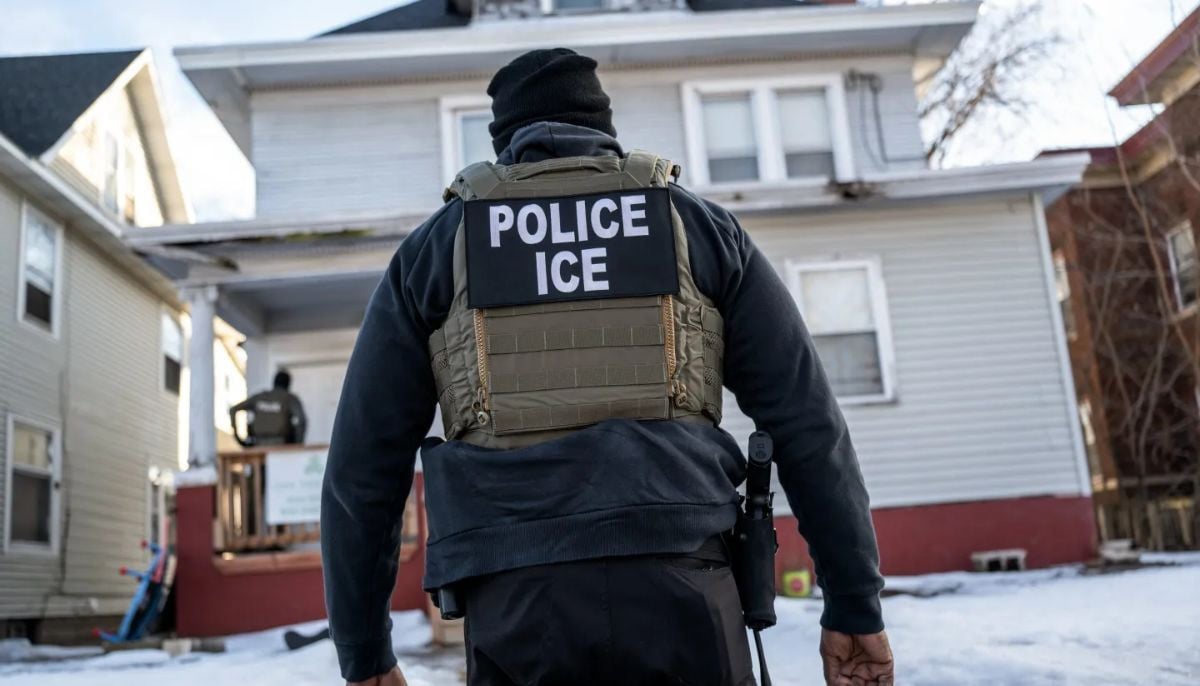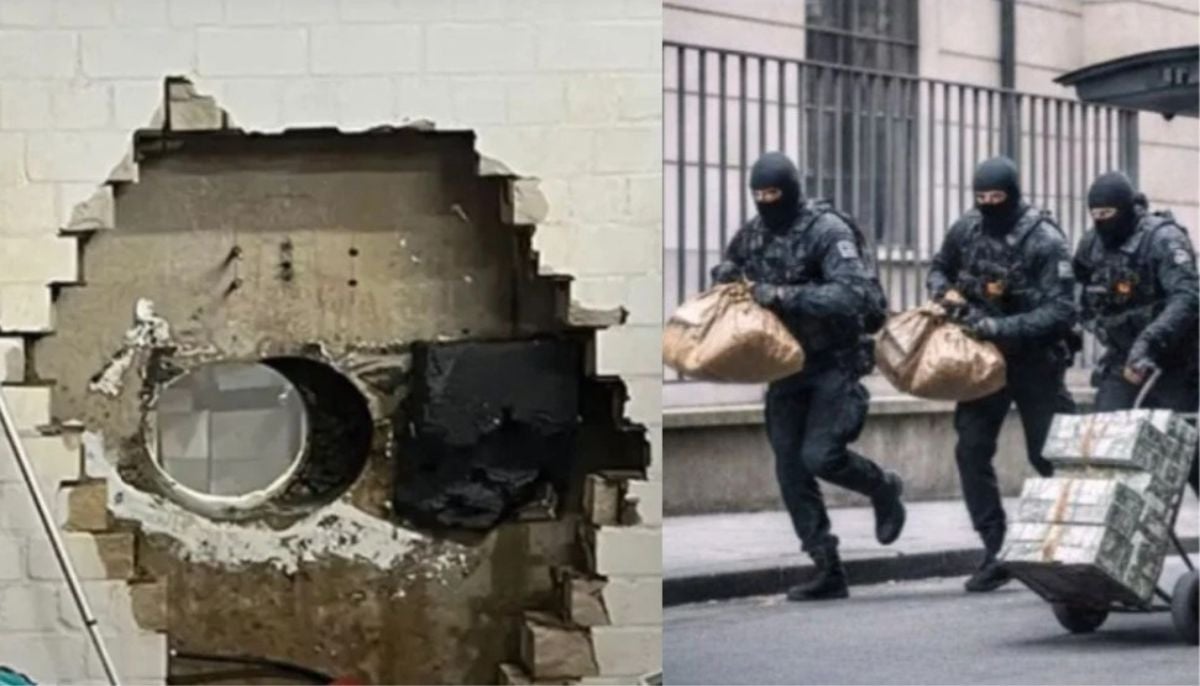Michigan school shooter's mother convicted of manslaughter that killed 4
Their son is in prison serving a life sentence for mass shooting at Oxford High School in Michigan that injured seven
Oakland County court convicted a woman Jennifer Crumbley Tuesday for her negligence in stopping her son from carrying out a deadly mass shooting in a school in Michigan that claimed at least four of his classmates on 30 November 2021.
The 45-year-old parent has been handed over a charge for the first time for the manslaughter carried out by her child — who is currently 17 years old.
According to the prosecutors, she failed to stop her son from having a firearm and not paying heed to the warning signs. Jennifer Crumbley’s husband is also facing the same charges and pleaded not guilty.
Their son is in prison serving a life sentence for a mass shooting at Oxford High School in Michigan that also left other seven people injured.
While speaking to the jurors, the judge said this was likely "the hardest thing you've ever done".
The relatives of the victims expressed their relief over the verdict as she was handed four counts of manslaughter — each carrying a maximum sentence of 15 years.
"The People spoke!" Buck Myre, the father of Tate Myre, a 16-year-old killed in the shooting, told the BBC in a statement, adding that "you can agree or disagree with the people, but this is how the system is supposed to work."
The jury was examining the question of whether the mother foresaw and could have prevented the shooting.
Crumbley and her husband bought the weapon days before the Oxford High School shooting.
After the information, police arrested the parents and were charged after the killings. They were incarcerated and could not secure any bail.
Prosecutors during their investigation found that shooter Ethan Crumbley required mental health assistance and complained of hallucinations, however, his parents did not get him treatment. The convicted mother said that she did not think her son had mental health problems.
Media reports show that the parents did not take their son’s disturbing painting seriously on the morning of the shooting and they were called for a meeting in this regard. They also refused to take their son back home.
Officials in schools sent him back to his class without checking his bag.
After some hours, the shooting killed Hana St Juliana, 14, Myre, 16, and Madisyn Baldwin and Justin Shilling, both 17.
According to experts, such cases may pave the way for other parents to be criminally charged for the mass shootings of their children.
While disagreeing with the jury’s decision, Stephen J Morse, who is a professor of law and psychiatry at the University of Pennsylvania, was quoted in a BBC report that he disagreed with the verdict and that because Ethan Crumbley had pleaded guilty, he was the only one responsible for the shooting.
"I understand that she was not necessarily the best mother in the world, but this is not a crime," he said, adding that the decision could set a bad precedent, causing courts to look for "scapegoats" in similar situations.
-
Murder suspect kills himself after woman found dead in Missouri
-
Poll reveals majority of Americans' views on Bad Bunny
-
Man convicted after DNA links him to 20-year-old rape case
-
California cop accused of using bogus 911 calls to reach ex-partner
-
'Elderly' nanny arrested by ICE outside employer's home, freed after judge's order
-
key details from Germany's multimillion-euro heist revealed
-
Search for Savannah Guthrie’s abducted mom enters unthinkable phase
-
Barack Obama addresses UFO mystery: Aliens are ‘real’ but debunks Area 51 conspiracy theories
